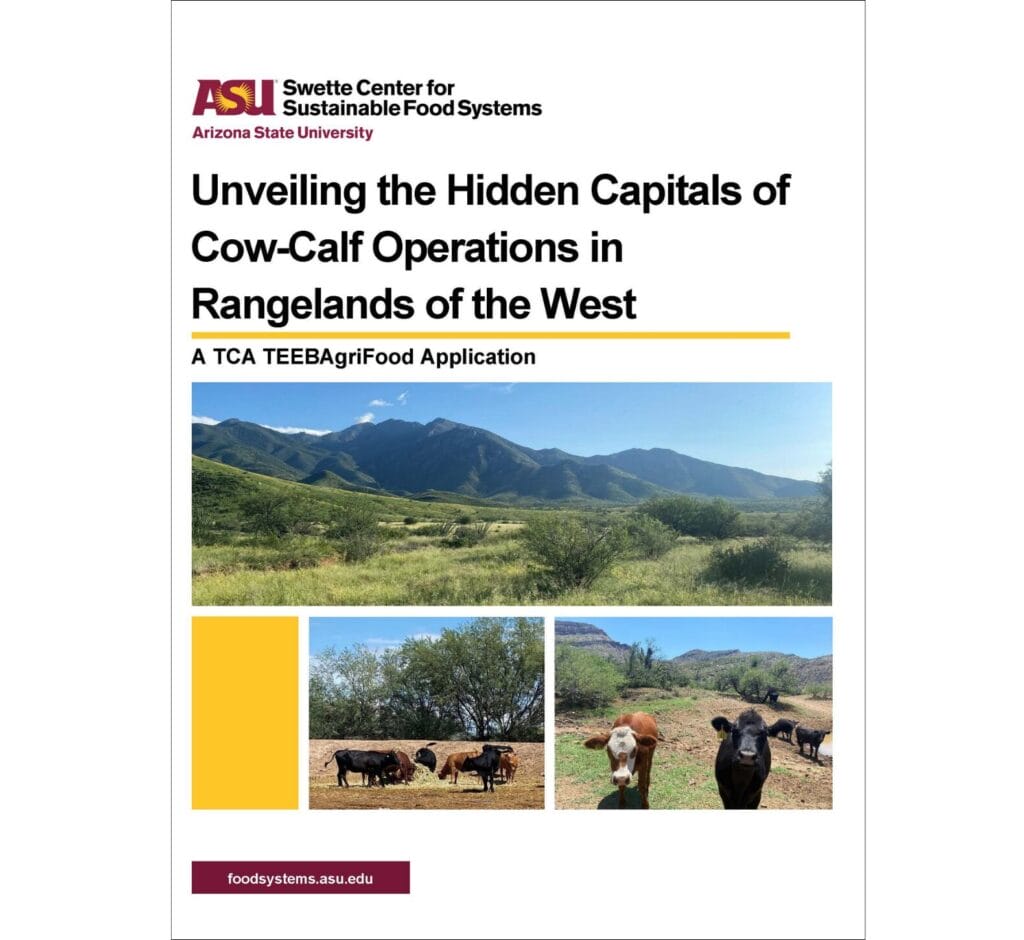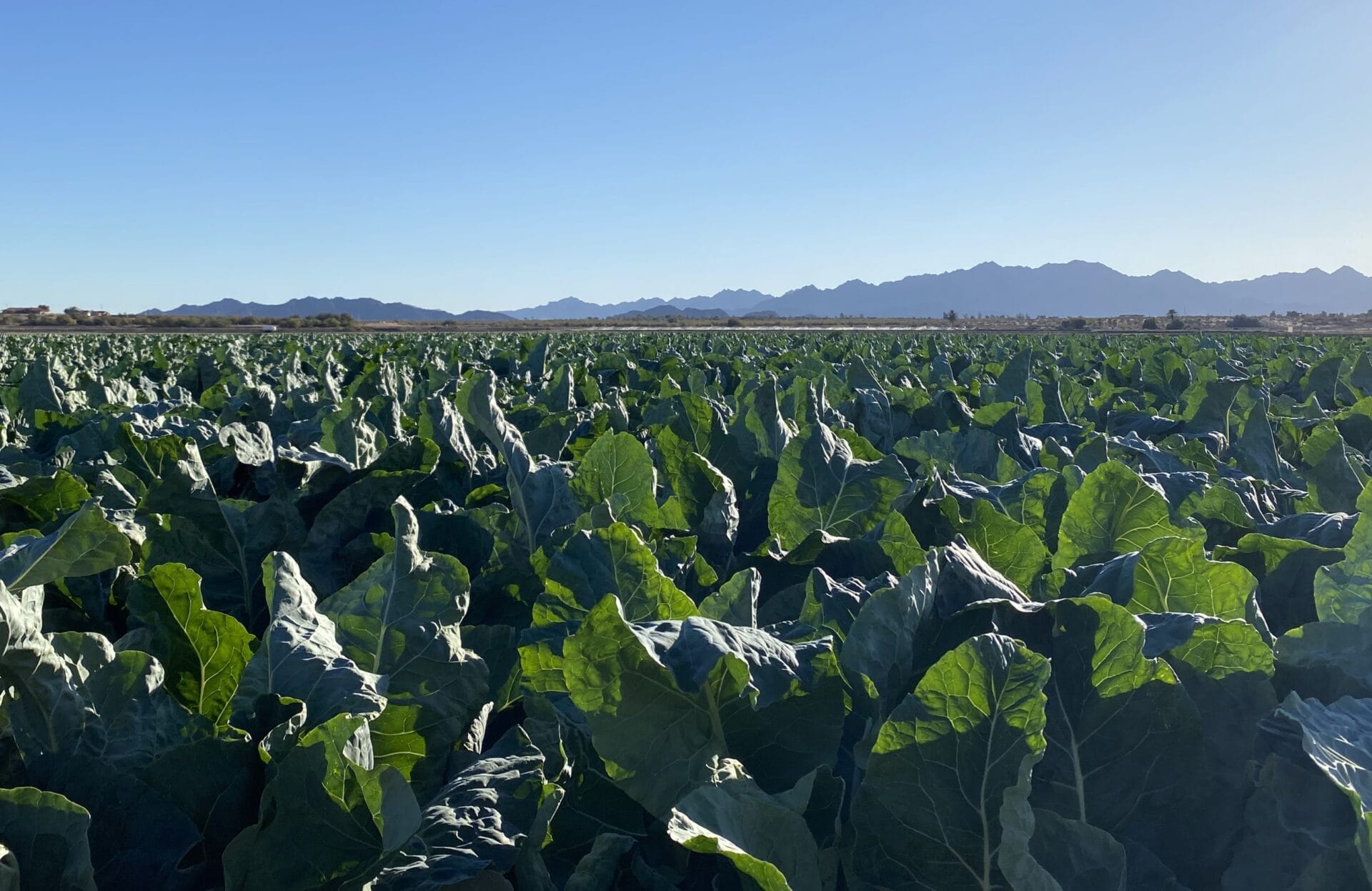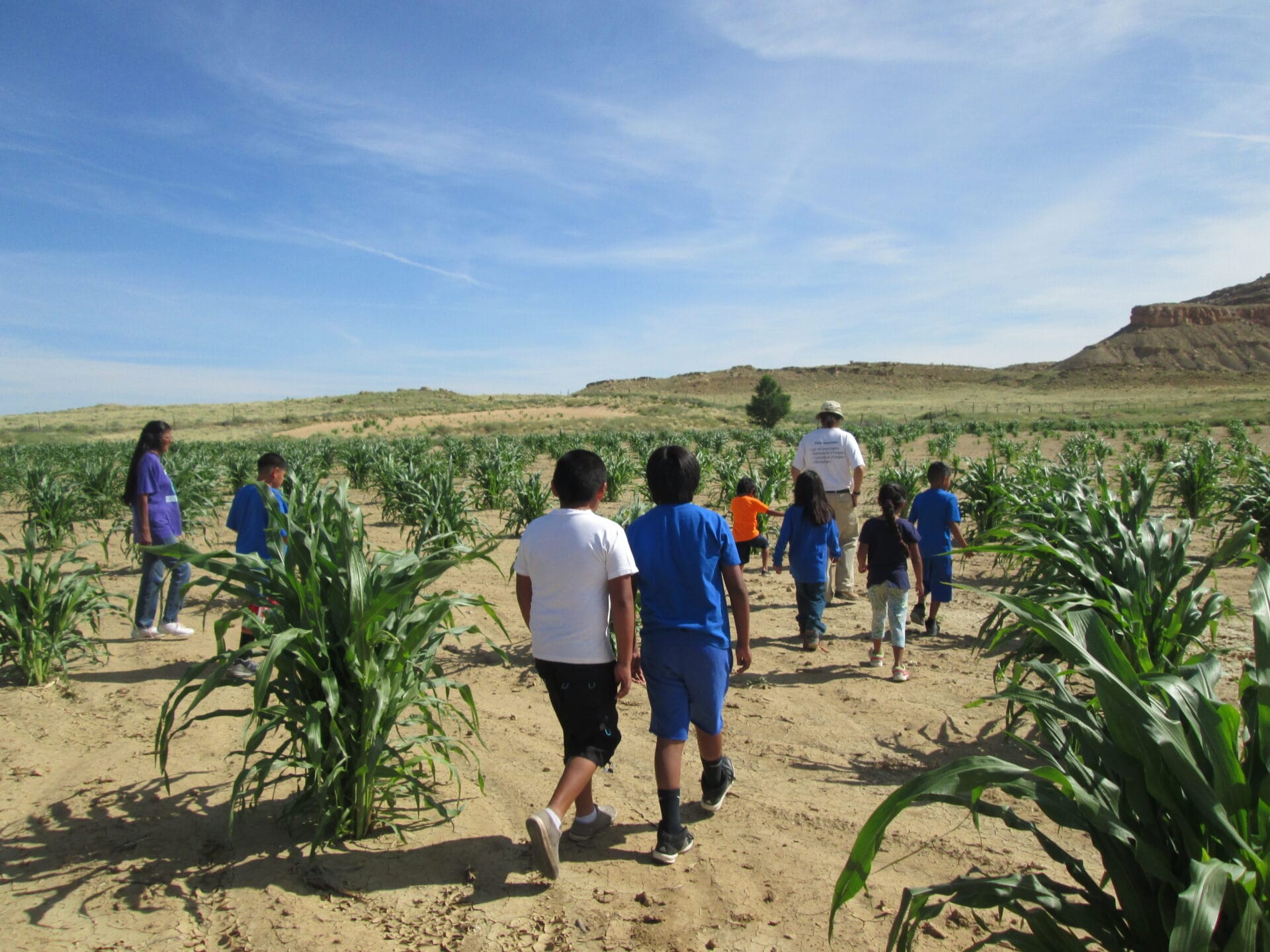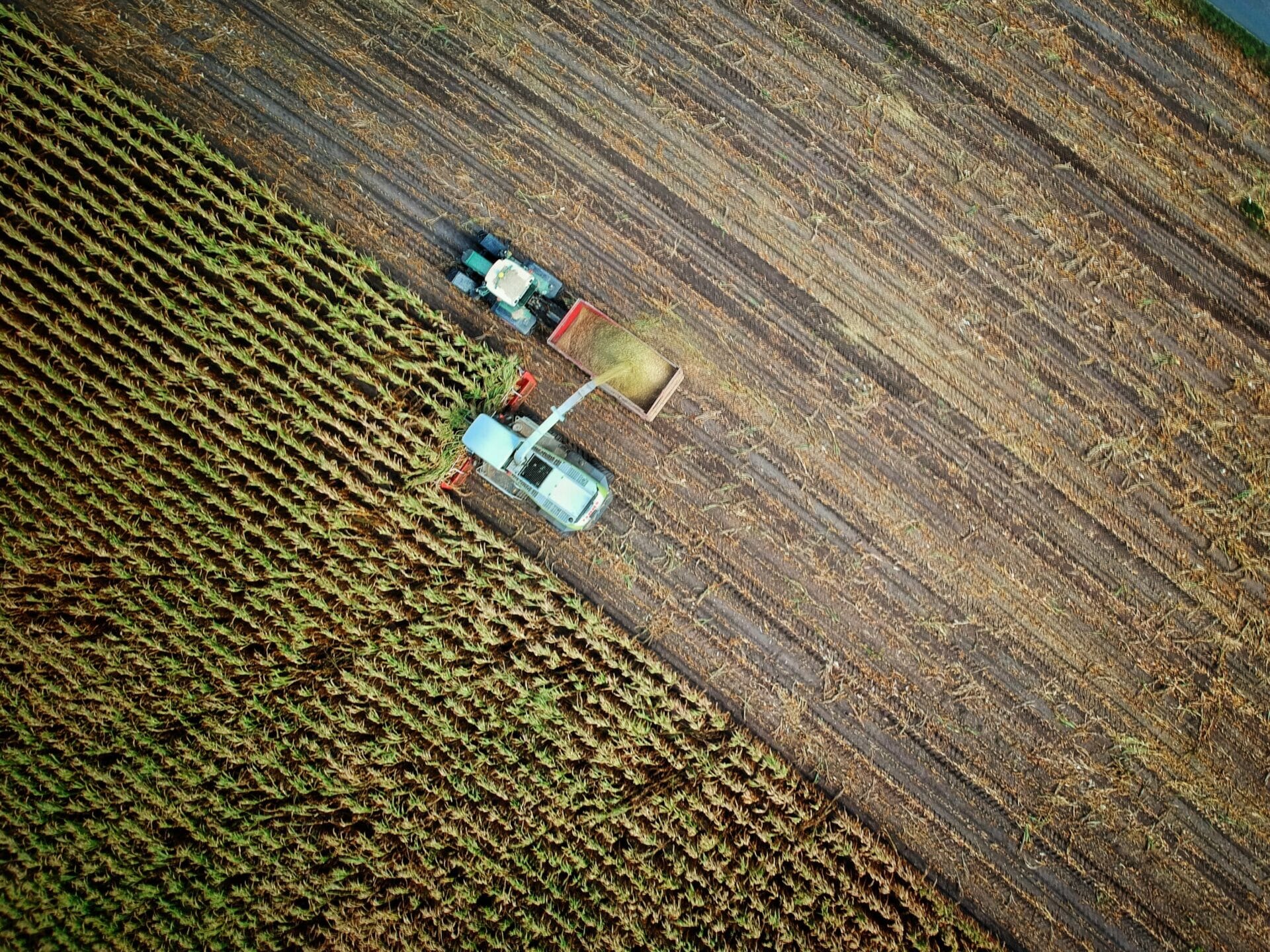
True cost accounting of food
True cost accounting (TCA) of food is a comprehensive and innovative methodology designed to go beyond the conventional price tag of agricultural products.
TCA considers factors such as environmental degradation, public health implications, and social equity, offering a holistic perspective that enables policymakers and consumers to make more informed decisions. This approach serves as a powerful tool in shaping practical policy solutions, fostering transparency, and promoting a food system that values long-term sustainability over short-term economic gains.
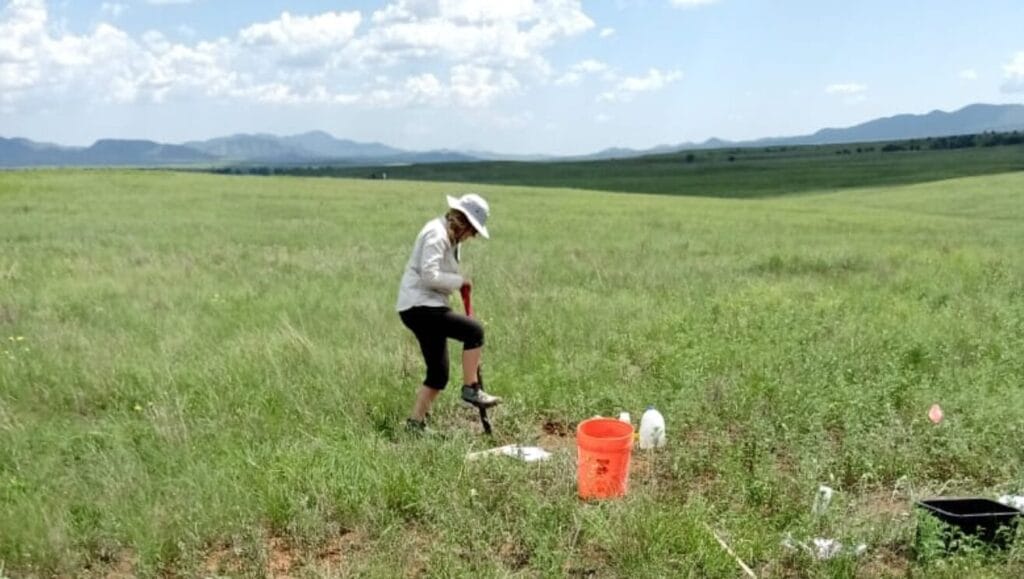
TCA research at the Swette Center
The Swette Center is at the forefront of TCA research and is a trailblazer in TCA methodology.
Unveiling the Hidden Capitals of Cow-Calf Operations in Rangelands of the West: A TCA TEEBAgrifood Application
Beef livestock ranching is an important agricultural activity rooted in the history of the American West. Despite the long history and culture surrounding cattle and ranching in the West, recent times have left many cattle ranchers feeling under attack as media attention has highlighted potential environmental impacts of cows and health concerns around red meat. As these generalizations influence consumer perceptions around beef consumption, there is a need to employ a more robust understanding of beef livestock production as a complex socio-ecological system.
The Swette Center and Colorado State University collaborated on a pilot study to assess ranching in Arizona and Colorado using the TCA approach. Our results document the complexity of analyzing ranching in the West and provide monetary estimates that capture key benefits and costs in cattle production.

Milk and plant-based alternatives TCA research
Plant-based alternatives (PBAs) to dairy milk — such as almond, oat, and soy — have seen substantial growth in recent decades. Many consumers choose these beverages believing they are better for the environment and for personal health. However, the scientific evidence to support these assumptions is limited.
In an effort to address this gap, the Swette Center is conducting a TCA analysis to holistically compare several PBAs and dairy milk. This approach goes beyond retail prices to factor in environmental impacts, health outcomes, and social implications. By capturing hidden costs and benefits, the study aims to reveal the true cost of these beverages and support more informed and transparent decision-making.

Comparing the true cost of edible oils
Edible oils like canola, palm, and coconut are widely used across the food industry, but their production and use carry a range of impacts on human health, environmental sustainability, and social well-being. Some oils are more nutritious than others. Some require more land, water, or energy to produce. And some are tied to broader concerns, from deforestation to labor practices.
To better understand these trade-offs, the Swette Center is collaborating with the Global KAITEKI Center (a partnership between ASU and the KAITEKI Institute of Mitsubishi Chemical Group Corporation) on a true cost accounting study to compare canola, palm, and coconut oils. Our aim with this project is to provide evidence about the oils that lead to healthier diets and more sustainable choices.
Related research priorities
-

Arizona food systems
Being based in Arizona, it’s only natural that supporting our home state’s food system is a top priority for the Swette Center. Arizona’s food system faces unique challenges due to the state’s arid climate and water scarcity. However, Arizona also presents opportunities for innovative approaches to promote sustainable food production and distribution.
-

Engaging the private sector
Engaging businesses, including food companies, retailers, agricultural technology providers and investors, in food systems brings valuable expertise and innovation capabilities that are essential for driving sustainable change. Collaborative partnerships between governments, civil society and the private sector can leverage the strengths of each sector to build resilient and inclusive food systems.
-

Empowering Indigenous foodways
Indigenous foodways hold immense importance as they represent the culmination of centuries of wisdom, culture and sustainable practices. They are the embodiment of indigenous communities’ deep connection to their lands, traditional knowledge and ancestral heritage. By preserving and revitalizing indigenous foodways, we aim to honor and celebrate the cultural diversity and resilience of indigenous peoples.
